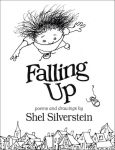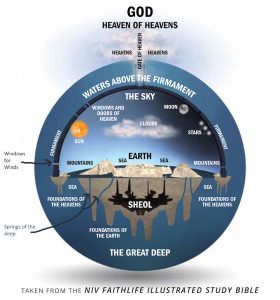Did you think the claims of moon landing hoaxers absurd?
Perhaps the flat earth conspiracies filled you with contempt?
Prepare yourself for the latest lunacy.
A theory claiming that Earth will lose gravity for seven seconds on August 12, 2026, has made the rounds on social media, sparking confusion and speculation. The claim originated from a so-called leaked document named Project Anchor, which began circulating online in late 2024. Posts suggested the U.S. space agency was secretly preparing for a short-lived gravitational anomaly that could lift people and objects into the air before violently bringing them back down.
You would be well-advised to nail your shoes to the floor on August 12, if you believe that nonsense.
At the center of the claim was a fabricated NASA initiative reportedly named Project Anchor, with a proposed budget of 89 billion dollars. The theory claimed the agency was preparing for a gravitational anomaly expected on August 12, 2026, at 14:33 UTC. According to content shared on now-deleted Instagram accounts, this so-called anomaly would cause anything not firmly secured to float several meters in the air before crashing back down.
The narrative was unusually detailed for a hoax. It broke down the seven seconds of supposed weightlessness step by step. In the first two seconds, people and objects would lift. By seconds three and four, they would rise up to 15 or 20 meters. By second five, panic would break out. By second seven, gravity would return, bringing a deadly descent.
How would NASA make such a specific, detailed prediction of an unprecedented event completely outside the bounds of physics?
In the absence of a credible, reputable skeptic organization, I guess we’re going to get all of our science from TikTok from now on.







